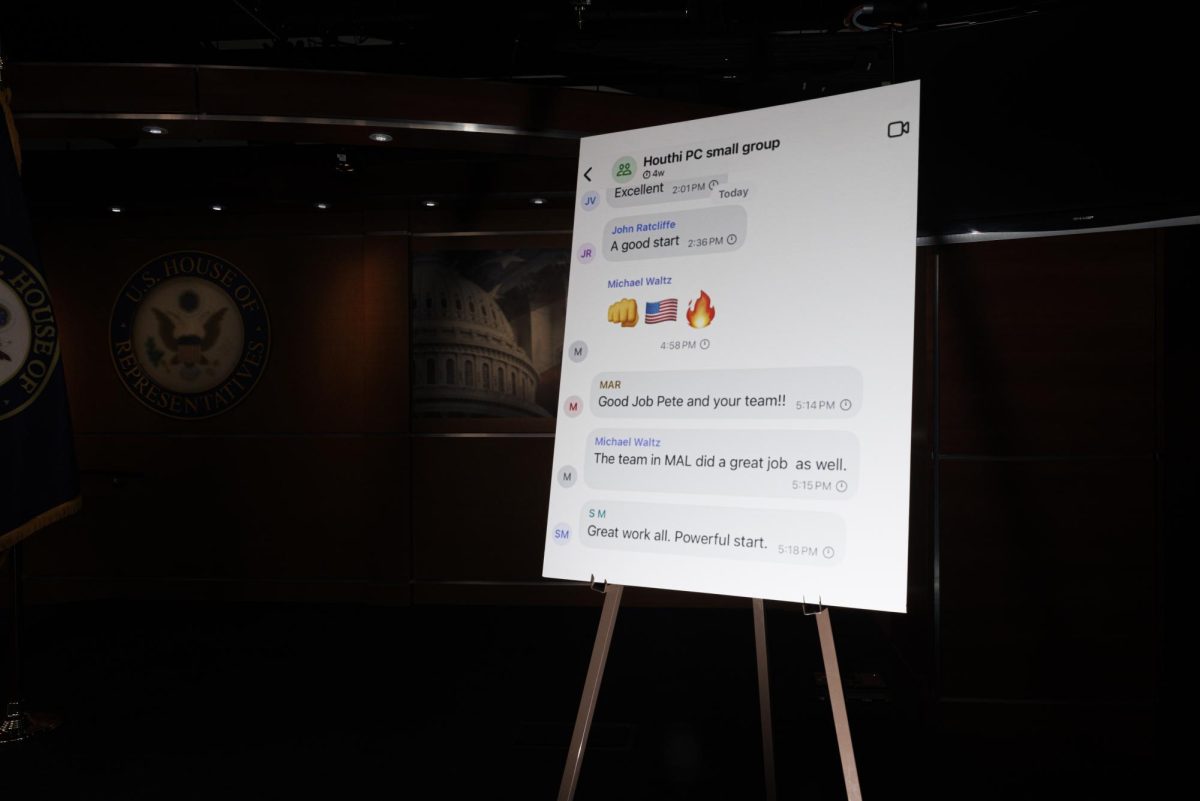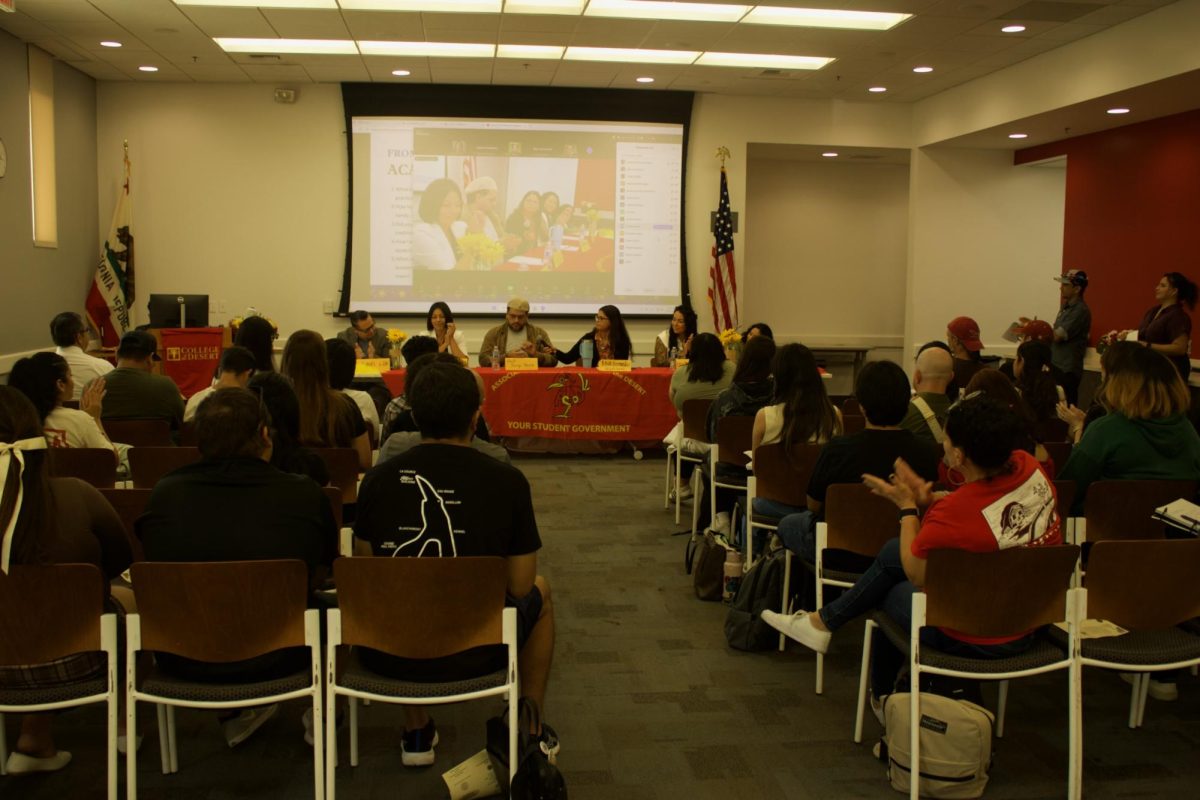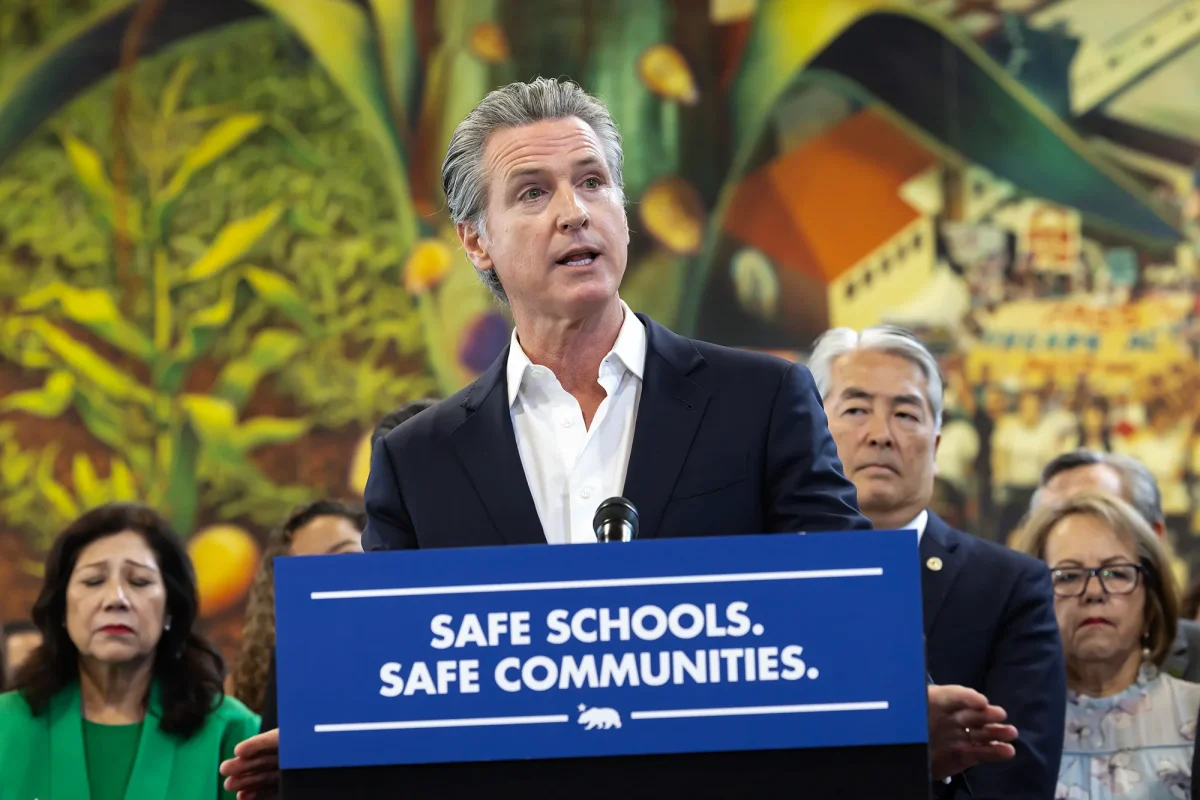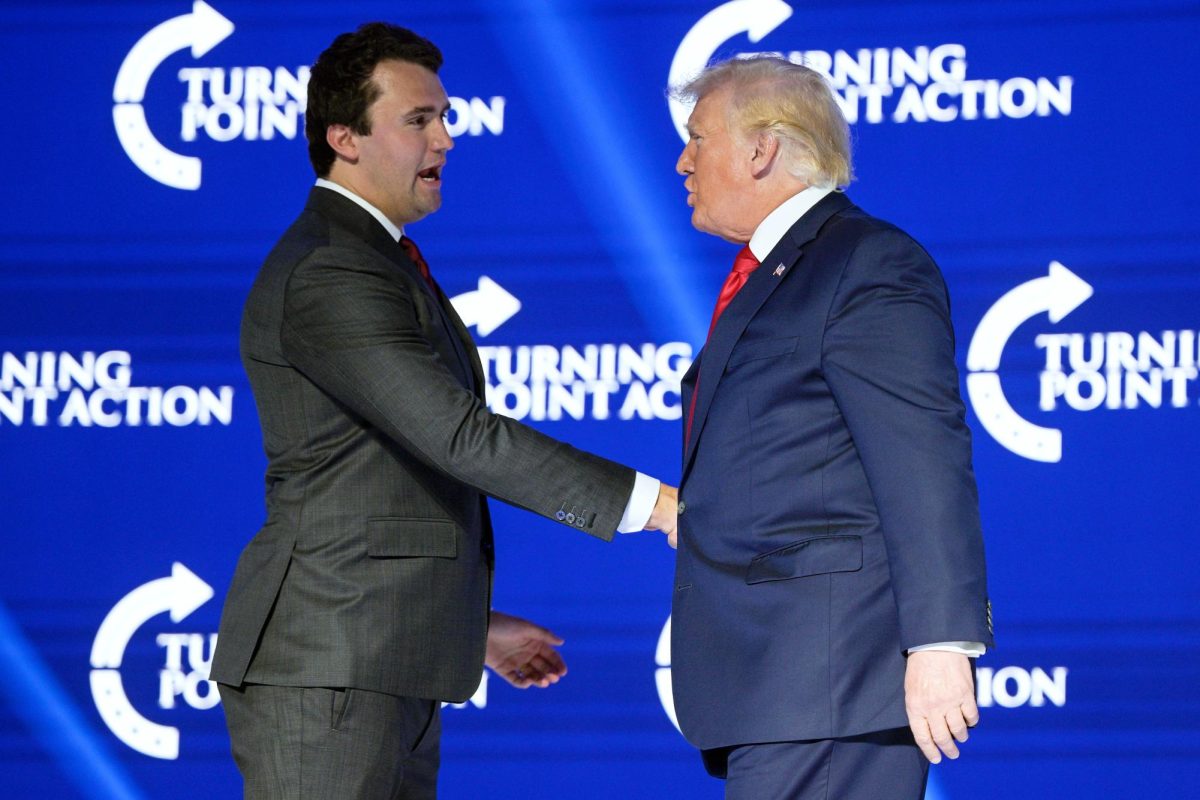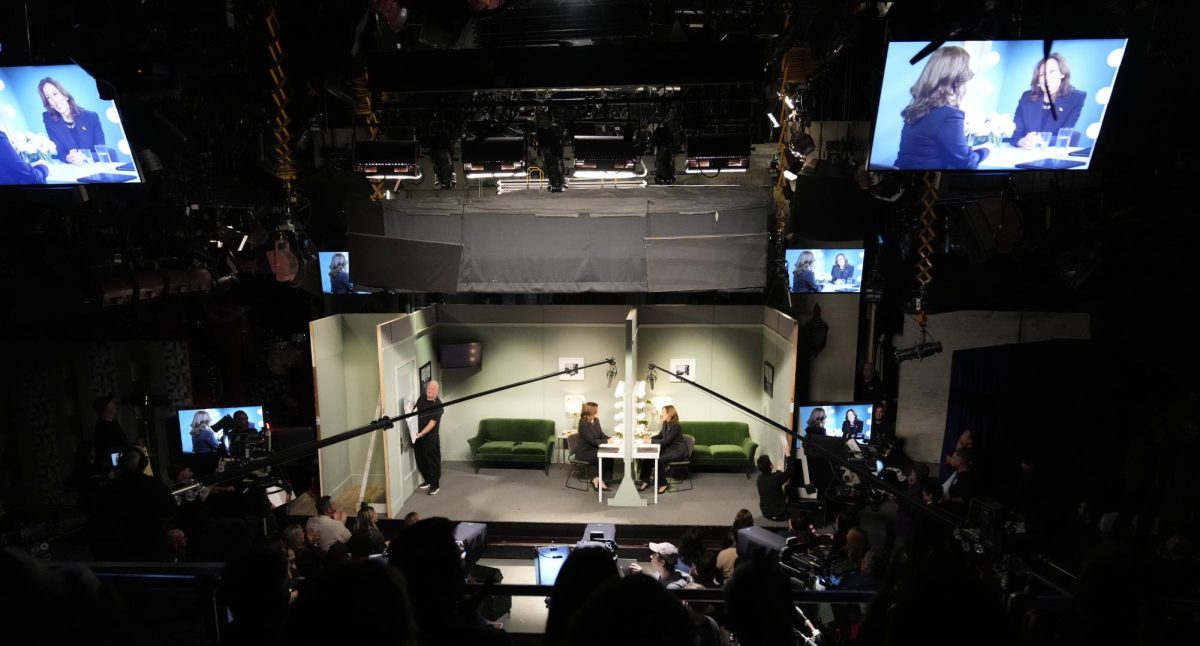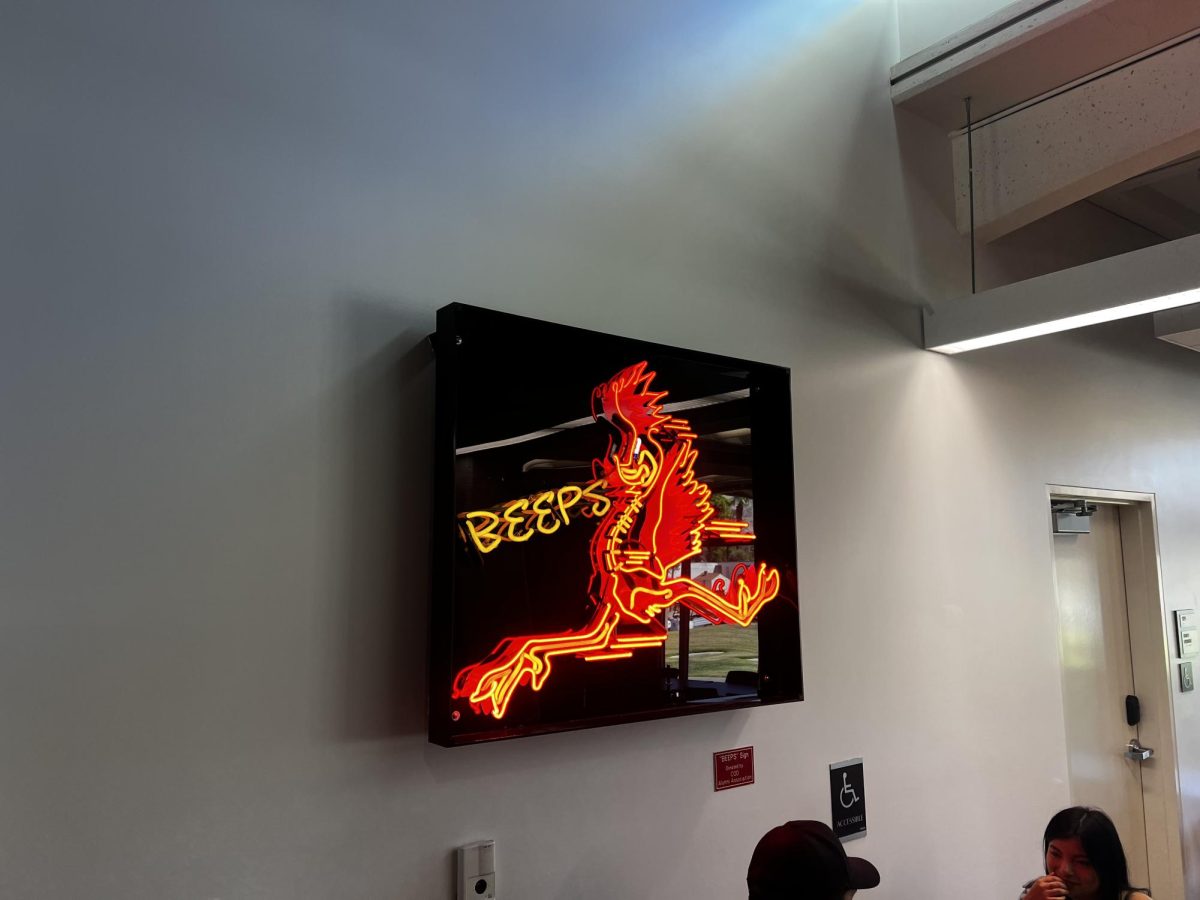In an unusual and potentially alarming breach of communication protocol, Jeffrey Goldberg, editor-in-chief of The Atlantic, was accidentally added to a high-level encrypted group chat among top U.S. government officials on March 15, 2025. The group chat, hosted on the secure messaging app Signal, included Vice President JD Vance, National Security Advisor Mike Waltz, Secretary of Defense Pete Hegseth and other senior White House staff.
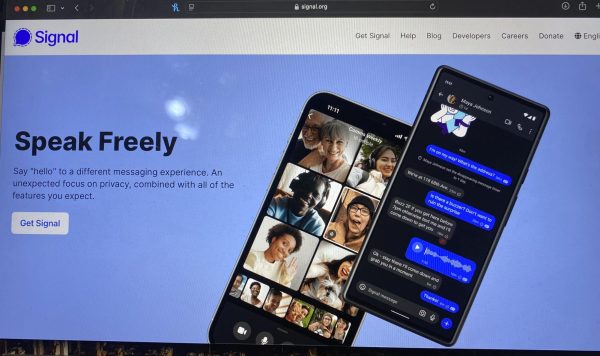
According to sources close to the situation, the confusion began when Waltz attempted to add a spokesperson from the Trump administration to the group chat. In a striking mishap, he instead added Goldberg. Initially believing it to be a prank or technical glitch, Goldberg remained in the chat until it became clear that he was unintentionally given access to sensitive information.
What followed was a rare journalistic glimpse into the inner workings of U.S. military decision-making. Around 12 p.m ET on March 15, Goldberg became aware of upcoming U.S. military airstrikes targeting Yemen, specifically aiming at the Islamist political Houthi organization. These strikes were not publicly announced until shortly after 2:00 p.m. giving Goldberg a two hour lead on the story before it reached global headlines.
“It makes me feel like things aren’t being taken seriously,” said Laura Ramirez, a third-year student at COD. “It feels like the people in charge are treating it like a joke or at least, it feels like a joke. And we’re supposed to be making things better.”
“It’s scary to think they’re having conversations like this,” she continued, “we’re supposed to be making things better, but it just feels like everything is getting worse.”
In 2016, Pete Hegseth criticized then-presidential candidate Hillary Clinton for her use of a private email server to handle classified information.
Pete Hegseth said, “How damaging is it to your ability to recruit or build allies when they’re worried that our leaders may be exposing them because of gross negligence or recklessness in handling information?”
In a hearing on Capitol Hill, top intelligence officials testified that no classified information had been shared and that the messages were “entirely permissible and lawful,” said CIA Director John Ratcliffe.
During that same hearing, Senator Mark Warner of Virginia told the Director of National Intelligence, Tulsi Gabbard, that if the information was not classified, they should “share the texts now.”
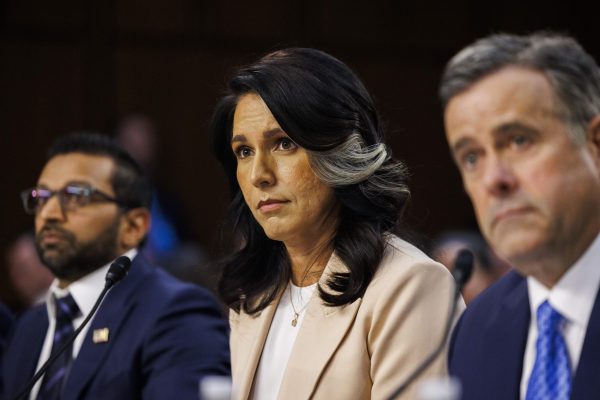
The White House conducted an internal investigation into the group chat and later stated that no classified information was shared in the Signal group chat. Press Secretary Karoline Leavitt told reporters, “This case has been closed here at the White House as far as we are concerned,” and added, “Steps have been taken to ensure that something like that can obviously never happen again, and we’re moving forward.”
A leak this big could tip off the people being targeted, and it’s made a lot of people worry about how the White House handles digital security, especially when top officials use casual ways to talk about serious information.
UPDATE: April 30, 2025 at 1 p.m.
On March 15, Defense Secretary Pete Hegseth shared private details in a second Signal group chat that included his wife, brother, and personal lawyers in which he discussed private information about upcoming strikes in Yemen. The second group chat contained information about the flight plans for the F/A-18 Hornets targeting the Houthis in Yemen. His wife, Jennifer Rauchet, is not a defense employee and is a former producer for Fox News. Hegseth’s brother, Phil, and his personal lawyer, Tim Parlatore, both work at the Pentagon, though it is unclear if they should’ve been aware of the recent airstrikes against the Houthis in Yemen. This group chat was created by Hegseth in January, before his swearing-in, and included several members of his inner circle. The group chat was labeled “Defense | Team Huddle.” It was revealed that at the same time he was sharing information in the first group chat, he was also sharing information in the second one. U.S. officials declined to comment on whether he shared detailed information, but stated that there was no national security breach.

